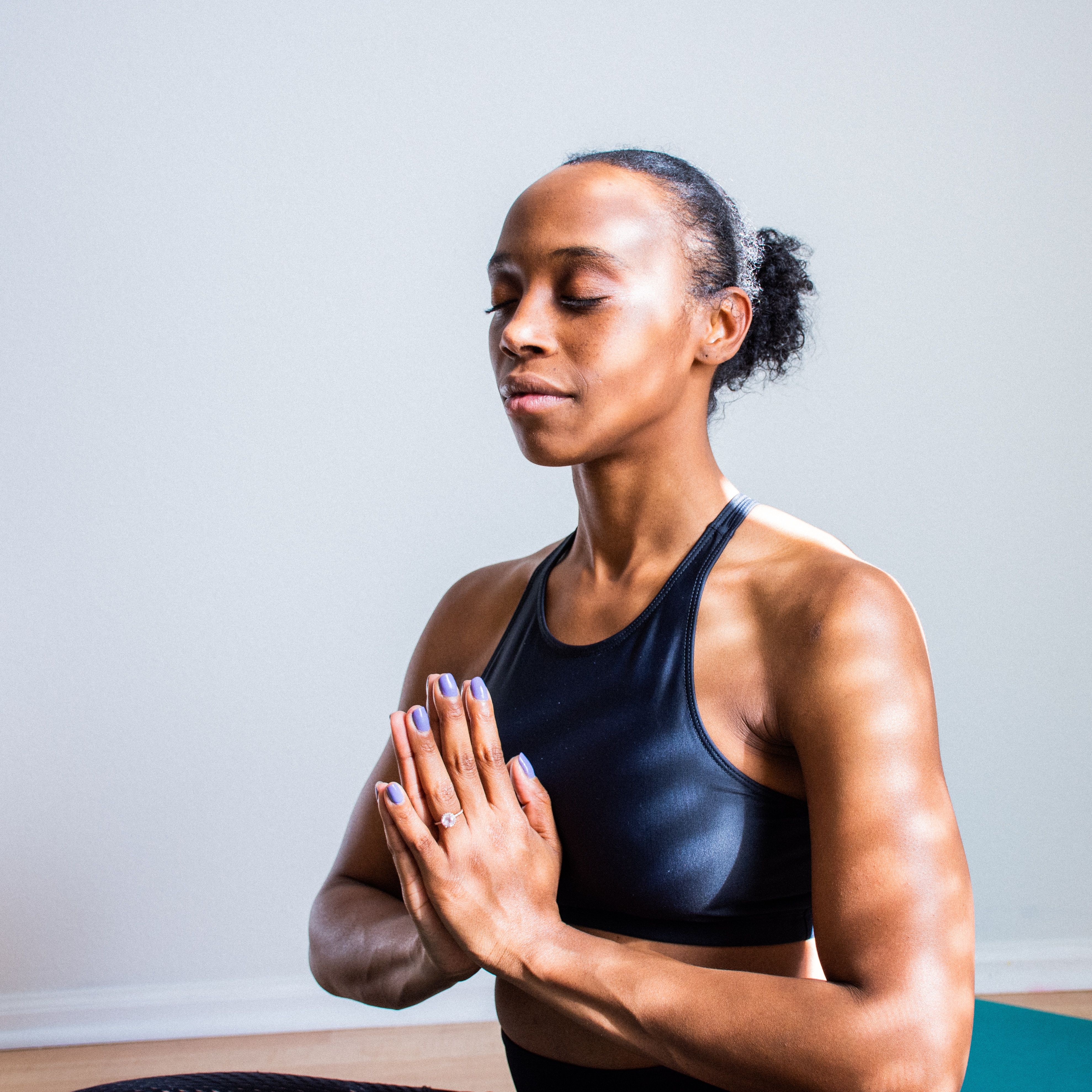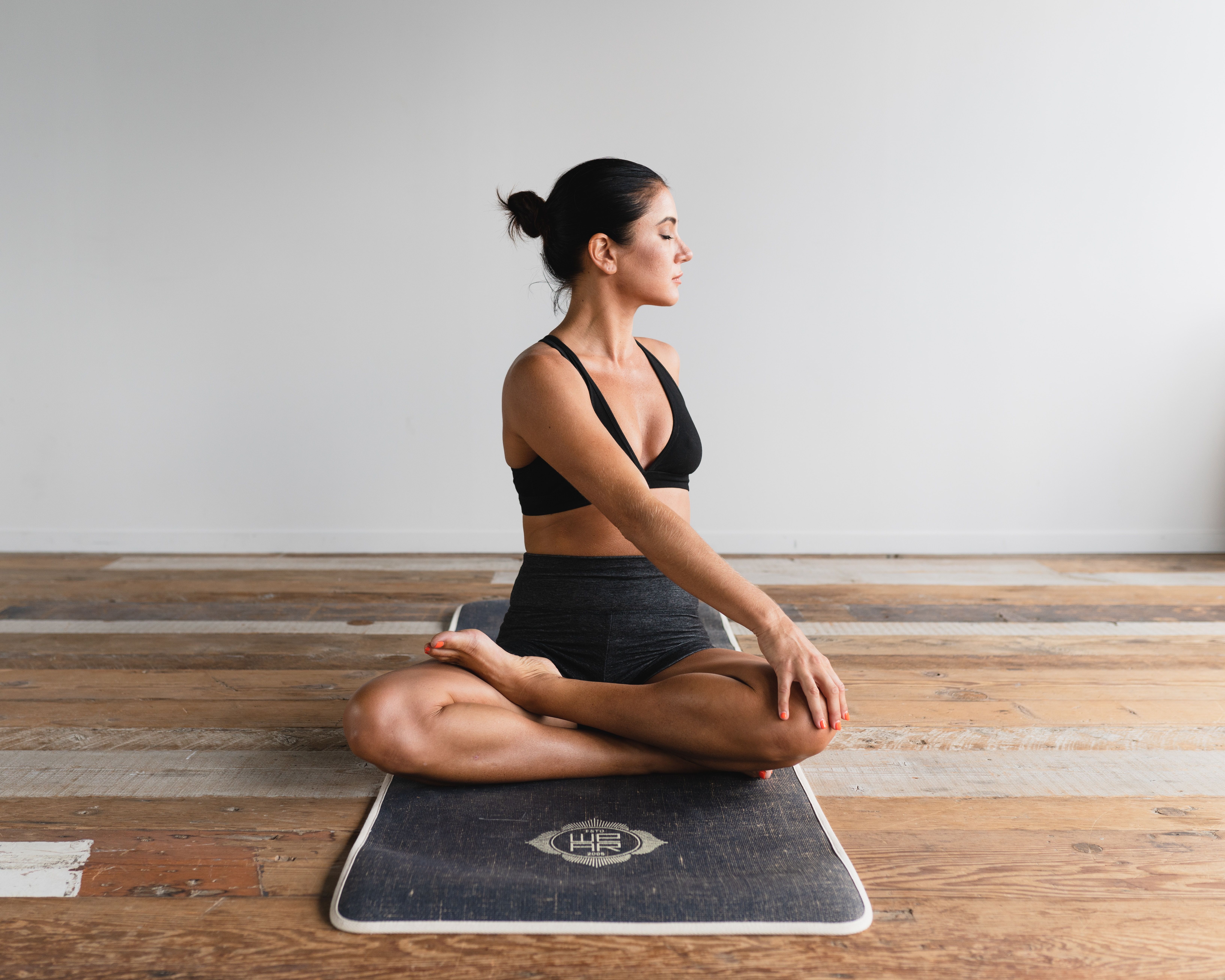Reasons You Feel Weak at the Gym and How to Fix It



Anyone can have occasional feelings of tiredness and weakness at the gym, therefore it's important to comprehend the possible causes and solutions to this problem. Your workout may feel weaker or less efficient than usual for a number of reasons. It's critical to recognize these elements so you can modify and enhance your fitness program. Here are a few typical explanations for why your workout might not seem as effective:

Lack of Sleep: You may experience weakness and exhaustion at the gym due to a number of factors, including lack of sleep. Your body and muscles haven't had enough time to heal and recharge while you're sleep deprived. Attempt to get 7-9 hours of restful sleep each night. Create a relaxing sleep environment, stick to a regular sleep schedule, and practice excellent sleep hygiene including avoiding electronics before bed and keeping your bedroom cool and dark.
Inadequate Nutrition: You might not have the energy or nutrients you need to exercise at your best if you haven't eaten well before. For your body to work out at its peak, you need to eat properly. Before working out, have a balanced breakfast or snack that includes carbohydrates, protein, and healthy fats. This meal will support muscle function and provide you long-lasting energy. Have a lighter, more easily digestible snack if you are unable to have a complete meal before working out. A banana, a handful of nuts, yogurt, or a protein bar are a few examples. Pay close attention to when you eat and when you have snacks. Aim for the suggested 1-2 hours of digestion time before working out because eating too soon after working out can cause intestinal problems.
Dehydration: Keep in mind that the amount of water you require can vary based on your body size, the difficulty of your workout, and the weather. Maintaining energy levels, avoiding cramping, and maximizing your gym performance all depend on staying adequately hydrated. Before working out, begin to hydrate well. To make sure you are adequately hydrated before you enter the gym, drink water frequently throughout the day. Pay heed to the signs of thirst that your body sends. Consider being thirsty a warning that you need to drink more fluids. Additionally, keep an eye on the color of your urine. Pale yellow to light straw-colored pee is a sign that you are properly hydrated. Consider taking a sports drink or other electrolyte-rich beverage to replace electrolytes lost during longer and more strenuous workouts. Continue drinking water to rehydrate yourself after your workout. You can also eat a balanced meal or snack that include foods that are high in water content, such fruits and vegetables.
Stress: High amounts of stress might make it difficult to work exercise. You may feel worn out and less motivated as a result of stress hormones like cortisol. Take into account methods for reducing tension like deep breathing exercises or meditation. Remember that everyone suffers stress to some degree because it is a normal aspect of life. To keep your physical and mental health, you must find good ways to handle it.
Practice Relaxation Techniques:
- Deep Breathing: To relax your nervous system, take a few slow, deep breaths. Take a few deep breaths through your nose, hold them for a moment, and then gently let them out through your lips.
- Meditation: Mindfulness and stress reduction can both be achieved through regular meditation. Find a quiet area, close your eyes, and concentrate on your breathing or a soothing mantra.
- Progressive Muscle Relaxation: To reduce physical stress and encourage relaxation, contract and relax various muscle groups.

Overtraining:Without giving your body time to recover, training too frequently or excessively can cause weariness and poor performance. Be sure to mix up the intensity of your workouts and remember to include rest days in your schedule. Pay attention to overtraining warning signals such persistent fatigue, poor performance, irritability, and sleep disturbances. It's important to take these indications carefully if you see them. Make sure you're sleeping enough to aid with healing. Avoid performing the same intense exercises every day. To prevent overuse injuries and mental exhaustion, mix up your activities and intensity levels. Eat a healthy, balanced meal that contains the nutrients you need for energy and recovery. Make sure you're getting enough calories in, especially while you're engaging in vigorous exercise. Reduce muscular discomfort and speed up healing by using recovery treatments including foam rolling, stretching, massage, and ice baths.
Underlying Health Issues: Weakness during exercise can be caused by a number of medical illnesses, including anemia, thyroid issues, or chronic fatigue syndrome. It's very important to speak with a healthcare provider if you experience significant exhaustion, weakness, shortness of breath, chest pain, or dizziness over a prolonged period of time or for no apparent reason while exercising. They can offer advice on how to manage any underlying health difficulties and assist in identifying any such issues. To find any underlying medical conditions, your healthcare practitioner can advise a full medical evaluation that includes blood testing, radiology, or other diagnostic procedures. Your healthcare professional may offer recommendations on the kind and level of exercise that is safe and suitable for you based on your health situation. To prevent aggravating any health conditions, it's imperative to abide by these suggestions.

Improper Warm-Up: It might make your muscles feel tense and unprepared for exercise if you skip a good warm-up. Your body is better prepared for physical activity with a well-executed warm-up because it improves flexibility, increases core body temperature, and increases blood flow to your muscles. Keep in mind that a decent warm-up gets your body ready for exercise both physically and emotionally. It can improve your whole exercise experience, help you psychologically concentrate on your task, and lower your chance of injury.
Poor Form: Ineffectiveness and even harm might result from using improper workout technique. Ensure that your exercise form and technique are correct. Always put technique and safety first before lifting more weight or doing more reps. For the activities you intend to do, become familiar with the proper form and technique. You can achieve this by working with a fitness expert or trainer, watching instructional videos, or reading exercise manuals. To check your form, exercise in front of a mirror. You can use this to visually check your alignment and make any necessary adjustments. Make movies of your workouts with a camera or smartphone. Examine the video to see any areas where your form might need to be improved. As your form and comfort level with the exercise improve, progressively increase the weight or intensity of your exercises. Recognize that good form requires time and work to achieve and maintain. Be kind to yourself and put safety first before attempting additional reps or lifting bigger weights.
Lack of Motivation: It's important to keep in mind that motivation might change from day to day. Set meaningful, detailed, and realistic exercise objectives for yourself. You might feel motivated to strive toward your objectives and have a feeling of direction when you have a clear purpose. Create a regular exercise regimen that works with your everyday schedule. Building a habit via consistency can make it simpler to maintain motivation. To keep things interesting, include a variety of exercises and activities in your program. Boredom can be avoided by trying out new sports or workouts. Reward yourself for reaching objectives or maintaining a regular exercise schedule. To reward yourself for making improvement, do something you enjoy. Positive affirmations should take the place of negative ones. Even on days when your motivation is low, be kind and supportive of yourself. During your workouts, listen to your favorite music or podcasts. Exercise can be more fun if there is upbeat music or interesting content. The secret is to develop a routine and employ these techniques to boost your drive when it starts to wane. Developing a regular exercise routine over time can increase fitness and general wellbeing.

If you frequently have weak workouts and feel tired and sleepy, have no energy despite resolving these difficulties, it may be good to speak with a fitness expert or a medical practitioner to rule out any underlying health problems and get specific advice on how to enhance your exercise program.

